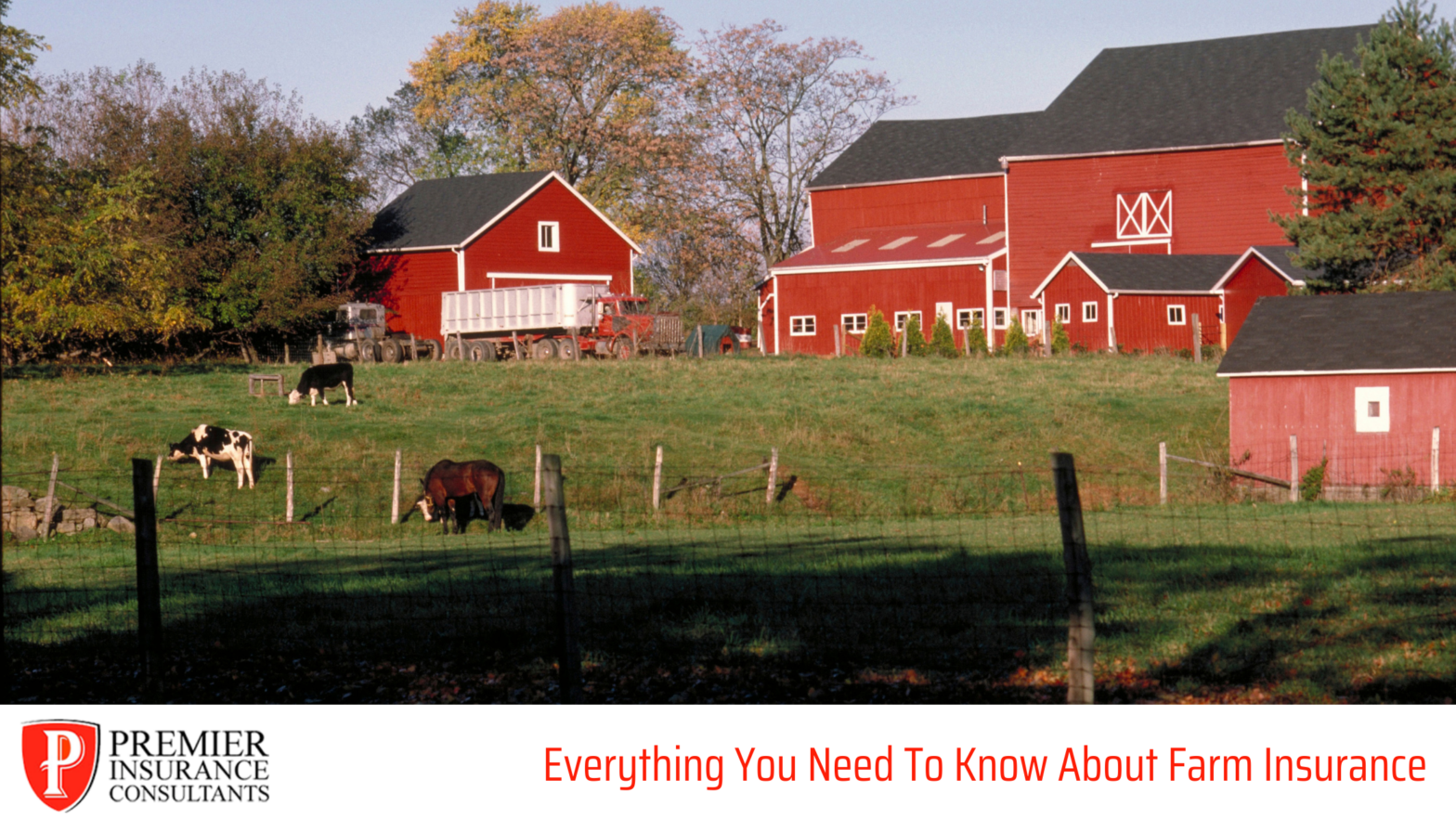Everything You Need To Know About Farm Insurance
Farming is a significant business and investment. It’s no question why farmers take all the precautions to protect their farms from potential risks. Enter farm insurance, which is an essential tool in protecting your investment. But, with so many types of insurance policies available, it can be daunting to understand what you need. As an insurance agent specializing in farm insurance, I’ll give you a complete guide to everything you need to know about insurance coverage for your farm.
Coverage Options
Farm insurance covers everything from crop loss to equipment, livestock to farm buildings, and everything in between. Depending on your farm, you can tailor your insurance policy to fit your specific needs. If you’re just starting, consider purchasing general liability insurance, which protects you from lawsuits. If you’re more established, you may want to consider a more comprehensive policy that includes coverage for your farm equipment, buildings, and livestock.
Property Insurance
Property insurance covers the structure of your home, outbuildings, and other structures. It also covers the contents of your buildings, such as tools, equipment, and feed. Property insurance typically covers perils such as fire, lightning, explosion, vandalism, theft, and wind damage.
Crop Insurance
Farmers depend on growing healthy crops to make a living, and that means they’re at risk of catastrophic loss due to a severe weather condition such as hail, drought, and floods. Crop insurance is a powerful tool for managing this risk, and it is highly subsidized by the government. When purchasing crop insurance, make sure you understand the timing of when specific types of crops need to be insured, and whether it is available in your region.
Livestock Insurance
Livestock insurance covers the loss of farm animals due to accidents, injury, disease, and theft. As an insurance agent, I know that some livestock insurance policies also cover the loss of unborn or stillborn animals. Often, livestock coverage is an add-on to your property or farm policy. It’s essential to understand the claims process, including any waiting periods and restrictions.
Workers’ Compensation Insurance
Finally, workers’ compensation insurance is an essential coverage for farmers who employ one or more employees. In the event of an employee’s illness or injury on the farm, workers’ compensation insurance provides wage replacement and medical benefits.
As an Greenville insurance agent, I encourage farmers to limit their liability and protect their investment by investing in farm insurance. This guide should give you a better understanding of the types of policies available and help you tailor a policy to fit your needs. Remember, it’s essential to review your insurance coverage regularly and update it as your farm changes. Contact us to learn more about coverage for your farm. Stay protected, and happy farming!
Disclaimer: This article is not expert advice. Limitations and conditions may apply. Please check with your local Independent Insurance Agent for details.




